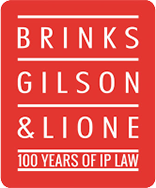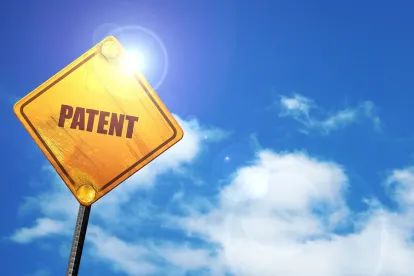On July 13, 2018, a bipartisan bill was reintroduced that targets frivolous patent infringement demand letters and punishes the senders with a fine of up to $5,000,000. Representatives Michael Burgess (R-TX) and Marcy Kaptur (D-OH) sponsored the Targeting Rogue and Opaque Letters (“TROL”) Act of 2018 to prevent the misuse of patents to harass businesses. The TROL Act will establish that letters asserting infringement of a U.S. patent sent in bad faith constitute unfair or deceptive acts in violation of the Federal Trade Commission Act. The full text of the TROL Act may be found here.[1]
The abusive demand letters targeted by the proposed TROL Act attempt to trick the recipient into making a payment by appearing authentic, making vague claims of patent infringement, and threatening a lawsuit. The letters, often sent in the hundreds, demand payment of relatively small amounts within a short period of time for a “license” to the patent. The payments demanded in the letters are below the cost of litigation and may even be below the cost of hiring a patent attorney, which encourages small businesses to pay the demanded amount rather than defend against or investigate the veracity of the assertions.
If enacted, the TROL Act would make it unlawful to send letters asserting patent infringement if any one of the following conditions is met in “bad faith”:
- the sender states that—
- it has the right to enforce the patent;
- a civil action asserting patent infringement has been filed against the recipient or others;
- legal action for infringement of the patent will be taken against the recipient;
- the sender is the exclusive licensee of the patent;
- other persons purchased a license for the patent;
- other persons purchased a license, and the sender does not disclose that such license is unrelated to the alleged infringement or the patent;
- an investigation of the recipient’s alleged infringement occurred; or
- the sender previously filed a patent infringement action when it was determined in that action there was no infringement;
- the sender seeks compensation for—
- a patent claim that has been held to be unenforceable or invalid;
- activity by the recipient after expiration of the patent; or
- activity of the recipient that the sender knew was authorized;
- the sender fails to include—
- the identity of the person asserting a right to license/enforce the patent against the recipient;
- an identification of at least one patent alleged to have been infringed;
- an identification of at least one product or activity that is alleged to infringe the patent;
- a description of how the product or activity infringes the patent; or
- contact information for a person the recipient may contact about the assertions or claims relating to the patent.
The TROL Act defines the term “bad faith” to mean that the sender did any of the following:
- made knowingly false misleading statements, representations, or omissions;
- made statements, representations, or omissions with reckless indifference as to the false or misleading nature of such statements, representations, or omissions; or
- made statements, representations, or omissions with awareness of the high probability of the statements, representations, or omissions to deceive and the sender intentionally avoided the truth.
If enacted, the proposed TROL Act, with its expansive list of prohibited statements, should go far in curbing abusive demand letters. The TROL Act would also provide a better deterrent than the current patchwork of state laws relating to patent infringement demand letters, some of which require a showing that the amount demanded is a “reasonable” cost of a patent license. Those state laws would be preempted. Also, the TROL Act should be easier to apply because it will be enforced by the Federal Trade Commission or states attorneys. We will continue to monitor the TROL Act for further developments.
[1] An earlier version of the TROL Act was introduced in 2015 but was not enacted. The provisions of the newly introduced TROL Act are also contained in a broader bill, the proposed STRONGER Patents Act.



 />i
/>i

